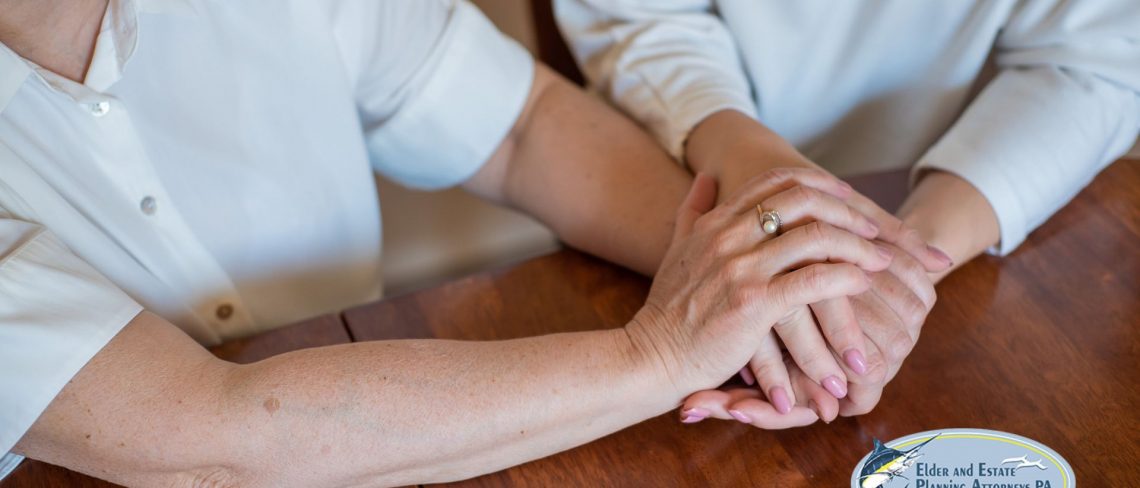On June 15, the United Nations is spearheading a global campaign to raise awareness and fight back against elder abuse. The growing epidemic impacts millions of American seniors every year, and many more worldwide. Through World Elder Abuse Awareness Day, international organizations, governments, citizens, and professionals across the country are taking a stand and actively seeking to reduce the problem.
One of the most important areas to focus on is education. Each of us needs to understand exactly what elder abuse is. In fact, confusion is one of the main reasons why elder abuse is often underreported. Elder abuse is defined as “any knowing, intentional or negligent act by a caregiver or any other person that causes harm or a serious risk of harm to a vulnerable elder adult.”
Understanding that elder abuse exists is just the first step. Did you know, however, that there are seven variations of elder abuse to be aware of? Let us share more on this important topic with you right here in our blog.
- Physical Abuse. The use of physical force that results in bodily injury, physical pain or impairment. Signs can include bruises, welts, and bone fractures, and the withholding of important medications.
- Emotional Abuse. The infliction of pain, anguish or distress on an elder person through verbal or nonverbal acts. This can include insults, threats, intimidation, humiliation and harassment.
- Sexual Abuse. Sexual abuse is often defined as non-consensual sexual contact of any kind. This is illegal at any age, and it is often wrongly assumed that older adults are not in danger of this type of alarming behavior.
- Confinement. The restraining or isolating of an older adult against his or her will, or in violation of his or her basic health needs.
- Passive Neglect. A caregiver’s failure to provide basic necessities, ranging from food, to clean clothing, to sanitary conditions and medical care, and more.
- Willful Neglect. This is the intentional deprivation of fundamental human needs, such as medical care, food and water, physical assistance and prescribed medications.
- Financial Exploitation. The misuse or theft of an elder person’s financial resources.
We know that this information may raise a number of questions for you and your aging loved ones. If you suspect an elder loved one is the victim of abuse, do not wait to contact the proper Florida authorities. Let us know your elder care concerns and how we can help you and your loved ones.


